Description
Village Girl – Kalamkari Painting – Under medieval Islamic rule, the term Kalamkari was derived from the words “kalam”, which means “pen” in Telugu, and “kari”, which means craftsmanship. Kalamkari Painting became popular under the patronage of the Golconda sultanate. This art involves 23 tedious steps of dyeing, bleaching, hand painting, block printing, starching, cleaning and more. Motifs drawn in Kalamkari spans from flowers, peacock, paisleys to divine characters of Hindu epics like Mahabharata and Ramayana. Kalamkari Paintings is a type of hand-painted or block-printed cotton textile produced in Isfahan, Iran, and in the Indian states of Andhra Pradesh and Telangana. Only natural dyes are used in Kalamkari, which involves twenty-three steps. There are two distinctive styles of Kalamkari art in India – the Srikalahasti style and the Machilipatnam style.
In modern times, traditional techniques have been replaced by digital techniques. In this era, new techniques are introduced and the digital files of Kalamkari have been introduced widely over the regions of India and Iran.
International Indian Folk Art Gallery has an exquisite selection of traditional and famous paintings from India for Hindu Puja room, living room, bedroom, family room, hall, kitchen, lounge room, lobby, reception, waiting rooms, main entrance, and study rooms. Hand-made by traditional Indian Folk Artists. Best wall art design solutions for an apartment, small & large houses, villas, restaurants, hotels, and offices. Price range from low budget to the most expensive genuine traditional Indian folk art. You can buy genuine traditional Indian paintings online from anywhere in the world, directly from traditional artists. Perfect online platform for architects, interior designers, homeowners, and officials, to bring that original authentic rich, and royal interior décor design ideas for your home, office, restaurants, hotel, community centers, government institutions.

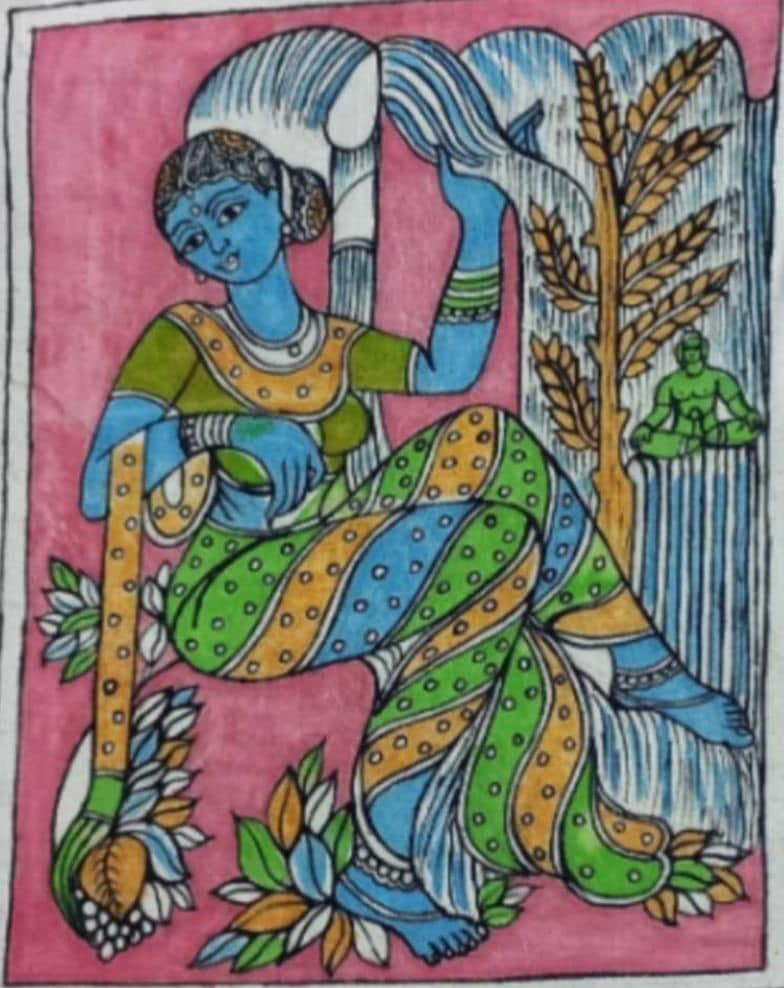

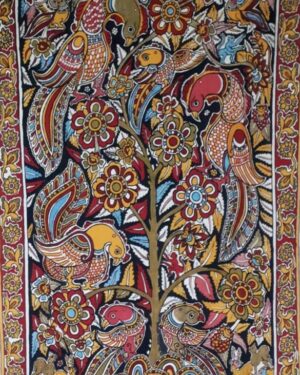
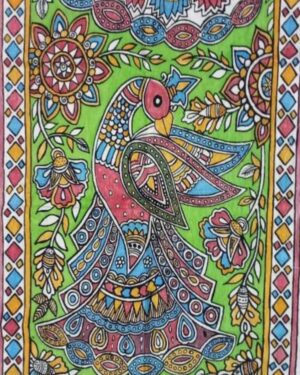
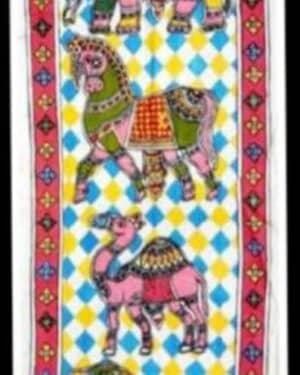
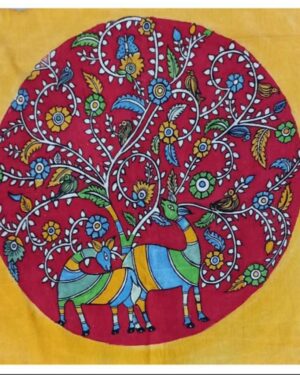
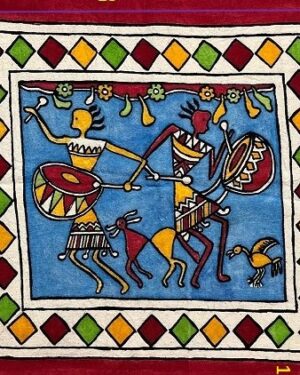
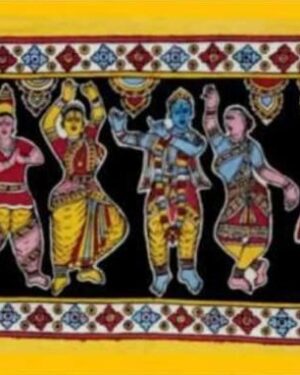
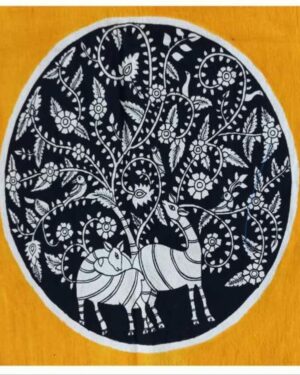
![Ganesha #1, Tanjore Painting [Digital Downloads Only]](https://indianfolkart.org/wp-content/uploads/2021/02/Ganesha-22-300x375.jpg)
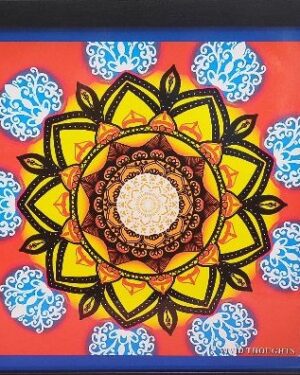
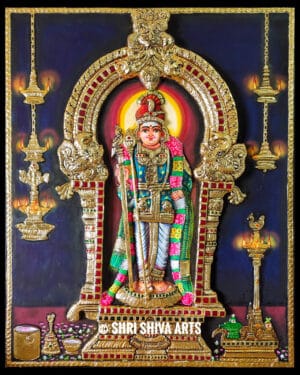
![Annapoorani, Tanjore Painting [Digital Download Only]](https://indianfolkart.org/wp-content/uploads/2021/02/Annapoorani-3-300x375.jpg)
Reviews
There are no reviews yet.